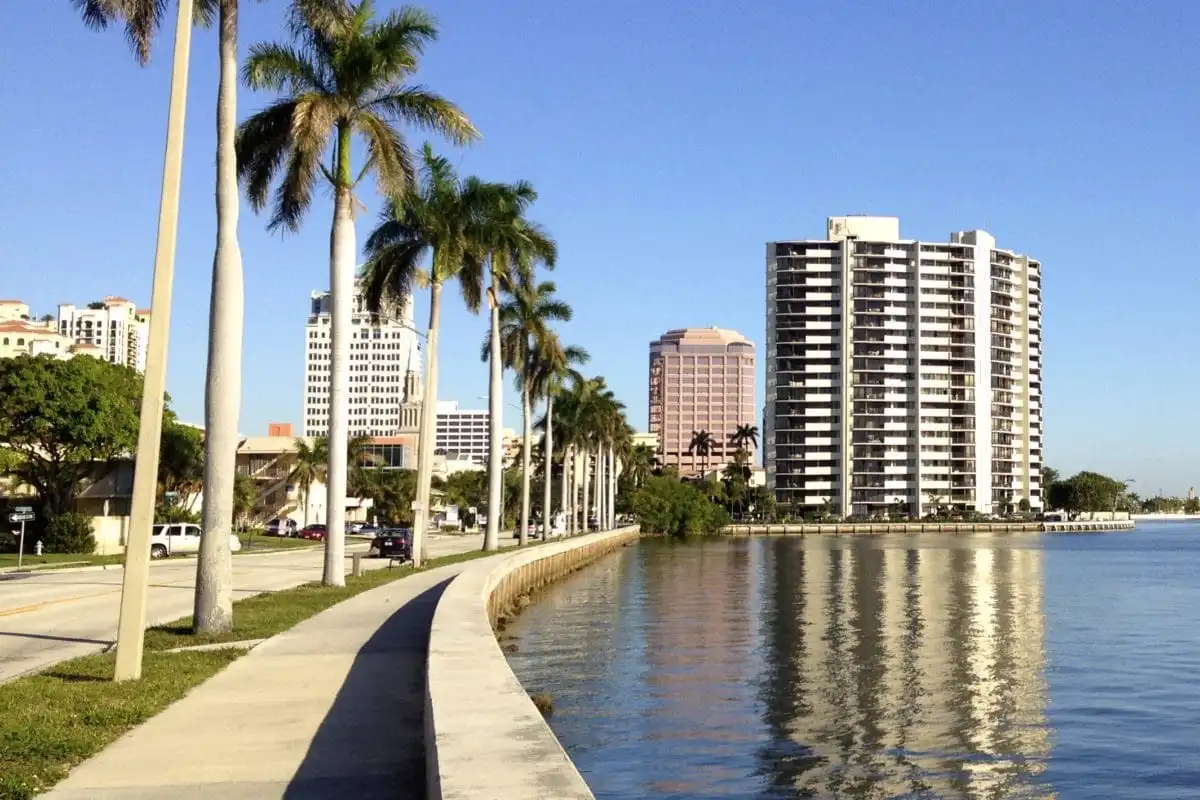Rising Costs of Homes Push South Florida Families to Rent Over Buying
As home prices and living expenses continue to climb across South Florida, a growing number of families are opting to rent rather than buy. This shift is reshaping the region’s housing market, with affordability concerns and market uncertainties driving the trend.
Why South Florida Families Are Choosing to Rent
Samuel Andrade, a Doral resident and father of two, reflects the struggles of many young professionals navigating today’s real estate landscape. Despite a well-paying job, Andrade finds homeownership increasingly out of reach.
“I could stretch myself thin and buy a home, but at what cost?” Andrade said. “I’d own a house but afford nothing else. Renting and saving seems like the smarter choice.”
Andrade’s story is becoming the norm. Realtor Ashley Cusack notes that rising insurance rates and property taxes make renting a more affordable option for many South Florida residents. Even those who dream of homeownership are finding that the financial trade-offs are too steep.
Housing Market Trends: A Snapshot
A recent report from Redfin underscores the stark slowdown in South Florida’s home sales. The data reveals a significant drop in transactions in hotspots like Miami and Fort Lauderdale. Several factors contribute to this trend:
- Natural Disasters: Hurricanes and flooding risks have made some buyers hesitant to invest.
- Economic Uncertainty: With elections on the horizon, many potential homeowners are playing it safe.
- Increased Inventory: Miami-Dade’s housing inventory has risen by 42.5% year-over-year, signaling a shift in market dynamics.
Realtor Cusack believes these conditions will persist unless interest rates fall or home prices adjust to more affordable levels. “We’ll need lower interest rates or significant price corrections to reignite the market,” she said.
Condo Owners Face New Challenges
For condo owners in South Florida, the situation is equally daunting. Starting January, new regulations will require buildings to maintain 10% reserves and undergo mandatory structural inspections. While these changes aim to improve safety, they come at a cost: higher assessments and HOA fees.
The impact of these regulations is already visible. Miami-Dade’s condo inventory has surged by 84%, reflecting a reluctance among potential buyers to shoulder these added expenses.
The Ripple Effect on Families and Communities
For families like the Andrades, these rising costs represent more than just financial hurdles; they’re reshaping aspirations.
“It’s a new age, and I guess we have to suck it up and live with it,” Andrade said. His sentiment is shared by many who are delaying or forgoing homeownership altogether. The result is a growing population of renters, which could have long-term implications for community stability and wealth-building opportunities.
Insights
Why are South Florida home prices so high?
Home prices are driven by factors such as demand, limited land availability, and high construction costs. Additionally, natural disasters and rising insurance premiums have added financial pressures.
Are there any benefits to renting instead of buying?
Renting provides flexibility and often lower upfront costs. For many, it also offers the ability to save for a future down payment without the burden of property taxes or maintenance expenses.
How are new condo regulations affecting the market?
The new rules are increasing costs for condo owners, leading to higher HOA fees and assessments. This has contributed to a spike in condo inventory as some owners opt to sell rather than face the financial burden.
Will the South Florida housing market stabilize?
Experts believe stabilization depends on factors like interest rates, economic conditions, and government policies. A significant correction in prices or interest rate reductions could revive the market.
The Future of Homeownership in South Florida
While renting is becoming a more practical choice for many families, the dream of homeownership hasn’t disappeared. To address affordability challenges, stakeholders in the housing market—from policymakers to developers—must explore innovative solutions. These could include incentives for first-time buyers, expanded affordable housing initiatives, and increased focus on disaster resilience.
For now, South Florida’s residents must navigate a housing market that continues to evolve. As they weigh the pros and cons of renting versus buying, one thing is clear: the definition of the American Dream is changing, and the path to homeownership is being redefined for a new generation.













